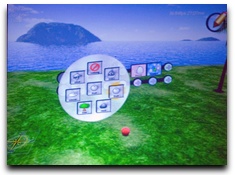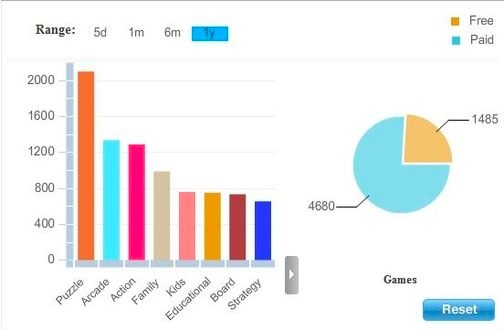 In a world driven by the Internet, global economics and the short attention spanned reader we’ve been bombarded with social networks and 140-character micro-blogging. We’re constantly finding ways to promote ourselves, promote our brands or tell people what we’re eating for dinner. Is this obsession with ourselves and our creativity bridging into video games?
In a world driven by the Internet, global economics and the short attention spanned reader we’ve been bombarded with social networks and 140-character micro-blogging. We’re constantly finding ways to promote ourselves, promote our brands or tell people what we’re eating for dinner. Is this obsession with ourselves and our creativity bridging into video games?
It’s games 2.0 people!. A time when we’re inventing our own video game stages, characters and full blown casual games! Not only are people getting a chance to design their own games with Microsoft’s XNA, Adobe Flash or from small independent casual games, but we can design our own stages in games like LittleBigPlanet.
Microsoft wants to remind us that Boku is much like LittleBigPlanet in its user generated video game content. Seen in this video below:
It’s obvious their going down the same path as Sony has gone with creating your own stages with LittleBigPlanet and creating a new way of gaming: playing other people’s stuff. You can find some similarities with Guitar Hero: World Tour‘s ability to create your own songs and publish them for others to play.
Are we heading down a generation of games where some of the best stages are created by fellow dedicated gamers? Or, is this just a distraction and means for developers to have gamers invigorate and create more of a demand for the games they are making the money on?
(Thanks, Destructoid)


LBP is a great game for creating other games! Not sure of M$ Boku endeavors (will it see the light of day?) The PSN is very cohesive with user generated content (like mods / mutators for UTIII, custom music authoring on GH:WT) none of which are supported by the M$ Live service. I would doublt if M$ Live ever will. M$ Live is 6 years old now but the PSN is only 2 and has already exceeded M$ Live’s user base along with functionality at a FREE price. Truly Game 2.0 is on course at least in the Sony Home-landscape.
LBP is a great game for creating other games! Not sure of M$ Boku endeavors (will it see the light of day?) The PSN is very cohesive with user generated content (like mods / mutators for UTIII, custom music authoring on GH:WT) none of which are supported by the M$ Live service. I would doublt if M$ Live ever will. M$ Live is 6 years old now but the PSN is only 2 and has already exceeded M$ Live’s user base along with functionality at a FREE price. Truly Game 2.0 is on course at least in the Sony Home-landscape.